In organic reaction explain reactant substrate and products obtain from these by common reaction. What is the mechanism of the reaction?
Text Solution
In an organic reaction, the organic molecule (also referred as a substrate) reacts with an appropriate attacking reagent and leads to the formation of one or more intermediate (S) and finally products (P).
Organic molecule (Substrate)(S) Reagent−−−−→(R)[Intermediate]⏐⏐
⏐↓Byproducts(B)→ Product (P)
Where, S= Substrate, R= Reagent
P= Main product, B= Byproduct
In= Intermediate product
Substrate: Substrate is that reactant which supplies carbon to the new bond.
Reagent: The other reactant is called reagent. If both the reactants supply carbon to the new bond then choice is arbitrary and in that case the molecule on which attention is focused is called substrate.
Mechanism of reaction: In such a reaction a covalent bond between two carbon atoms or a carbon and some other atom is broken and a new bond is formed. A sequential account of each step, describing details of electron movement, energetics during bond cleavage and bond formation, and the rates of transformation of reactants into products (kinetics) is referred to as reaction mechanism.
Importance of reaction mechanism: The knowledge of reaction mechanism helps in (i) understanding the reactivity of organic compounds and (ii) in planing strategy for their synthesis.
|
Topper's Solved these Questions
- ORGANIC CHEMISTRY SOME BASIC PRINCIPLES AND TECHNIQUESBOOK - KUMAR PRAKASHANCHAPTER - ORGANIC CHEMISTRY SOME BASIC PRINCIPLES AND TECHNIQUESEXERCISE - Section A (Fundamental Concepts in Organic Reaction Mechanism)
40 Videos
- ORGANIC CHEMISTRY SOME BASIC PRINCIPLES AND TECHNIQUESBOOK - KUMAR PRAKASHANCHAPTER - ORGANIC CHEMISTRY SOME BASIC PRINCIPLES AND TECHNIQUESEXERCISE - Section -A(Methods of Purification of Organic Compounds)
44 Videos
- ORGANIC CHEMISTRY SOME BASIC PRINCIPLES AND TECHNIQUESBOOK - KUMAR PRAKASHANCHAPTER - ORGANIC CHEMISTRY SOME BASIC PRINCIPLES AND TECHNIQUESEXERCISE - Section A (Isomerism)
12 Videos
- HYDROGENBOOK - KUMAR PRAKASHANCHAPTER - HYDROGENEXERCISE - Section-D NCERT Exemplar (Long Answer)
8 Videos
- QUESTION ASKED IN JEE -2018BOOK - KUMAR PRAKASHANCHAPTER - QUESTION ASKED IN JEE -2018EXERCISE - MCQ
10 Videos
Similar Questions
Knowledge Check
What is the major product obtained from the following reaction :-
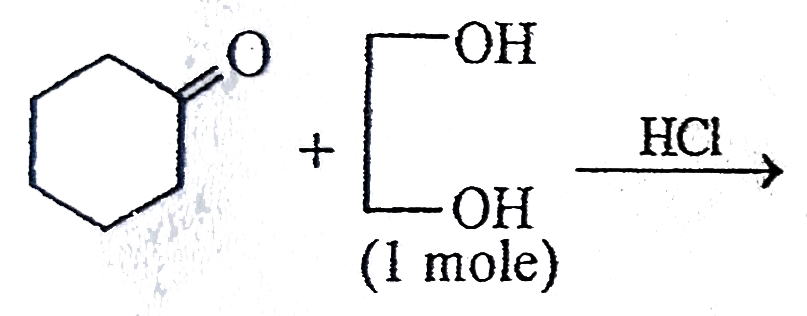 A
A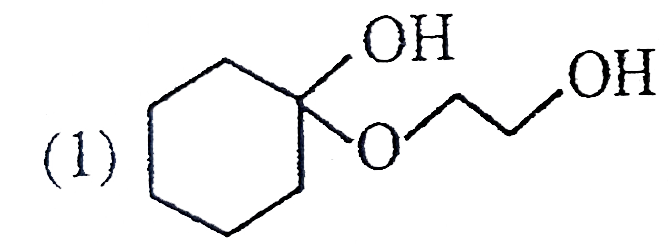 B
B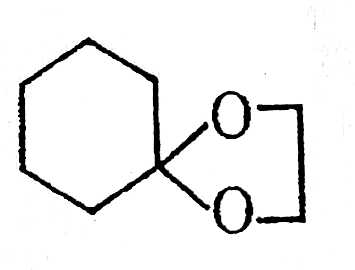 C
C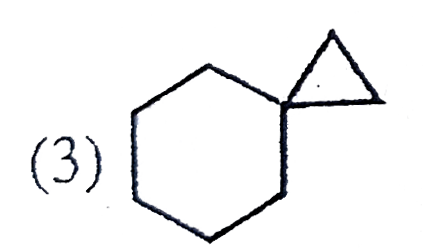 D
D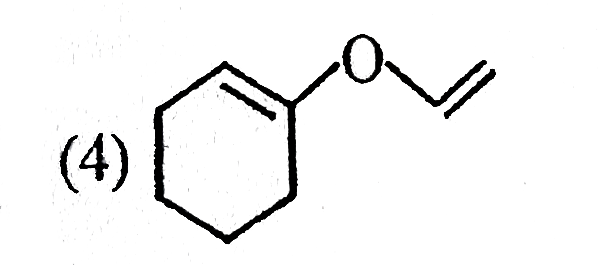
What is the major product obtained from the following reaction?
 A
A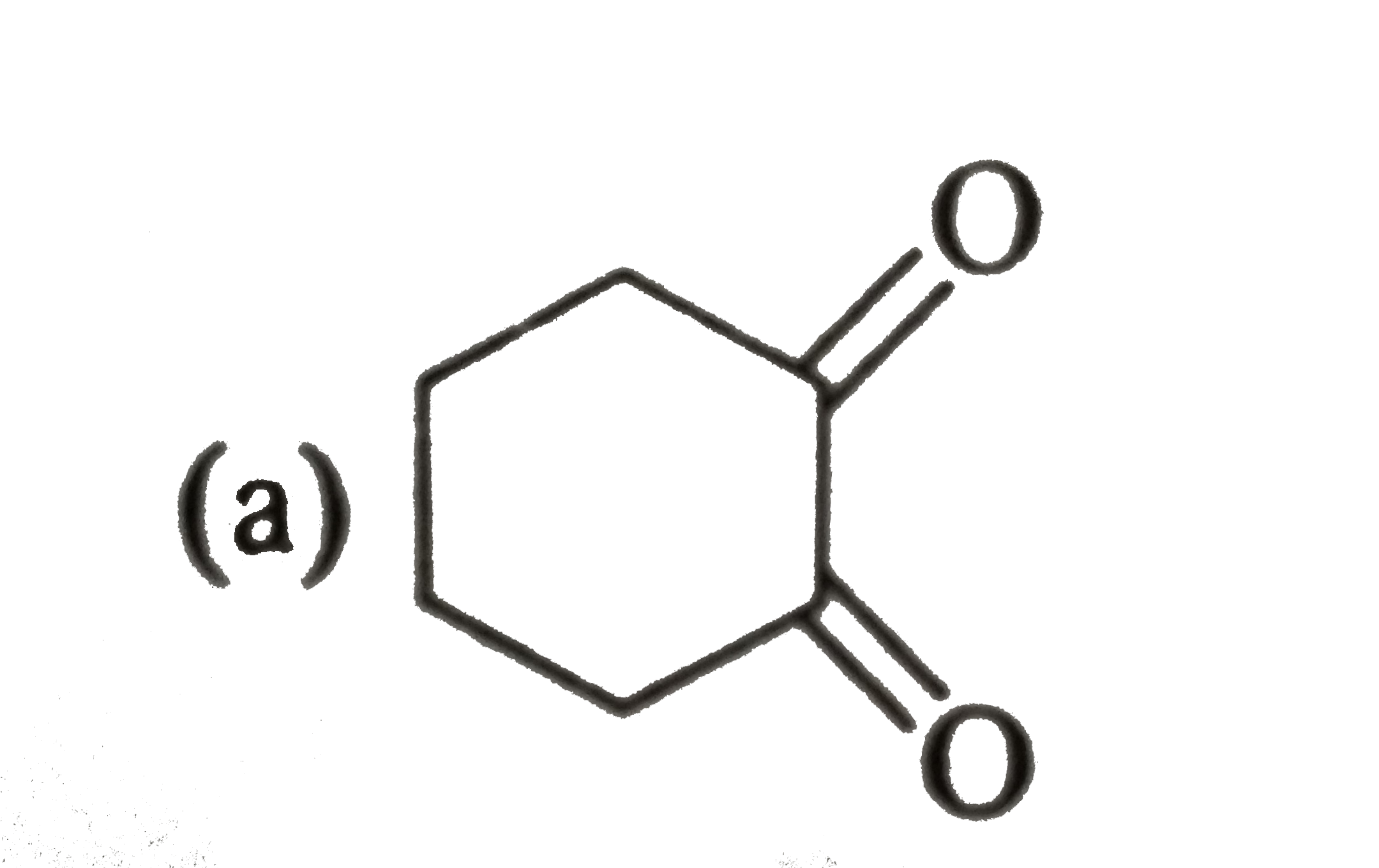 B
B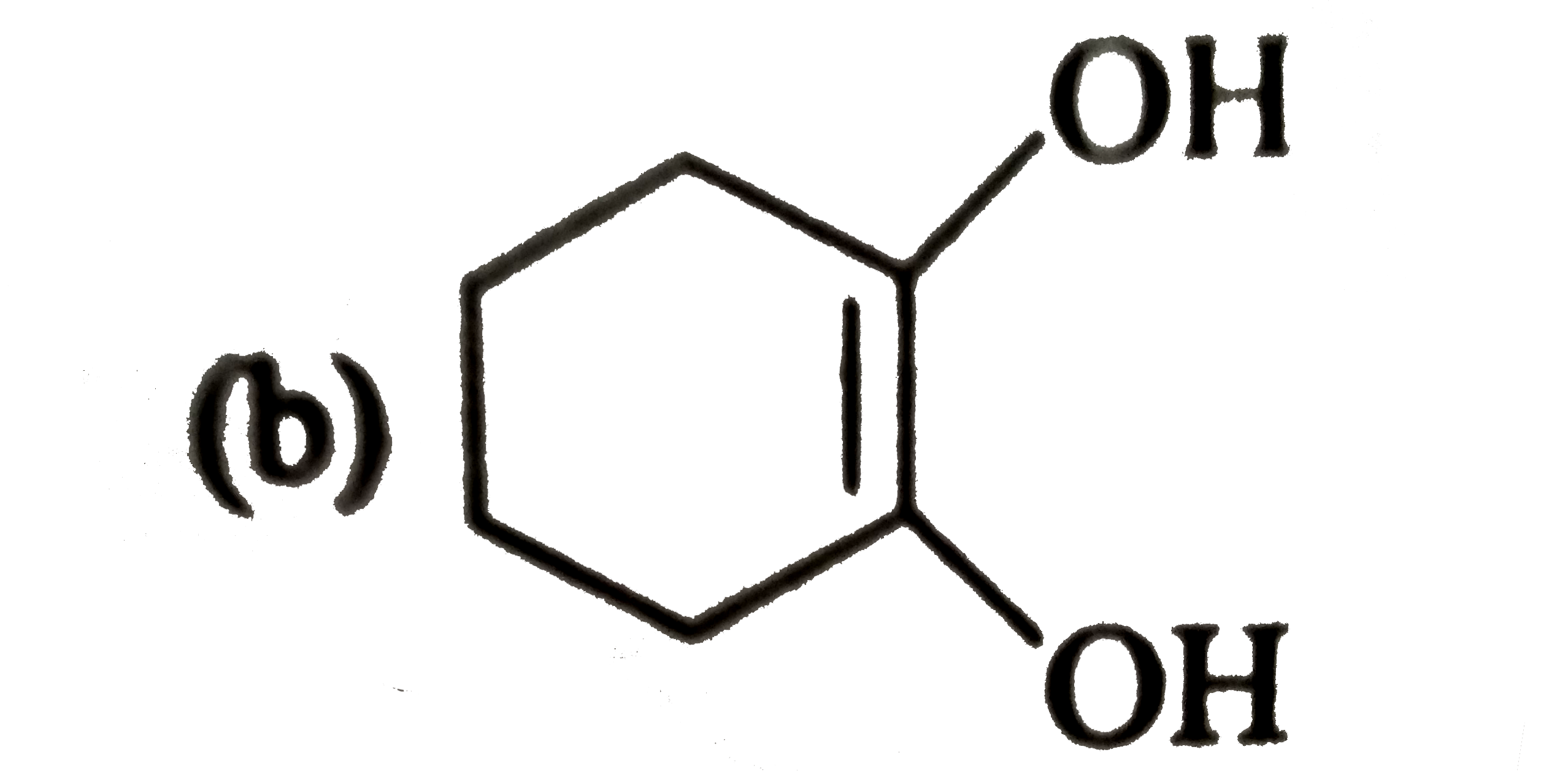 C
C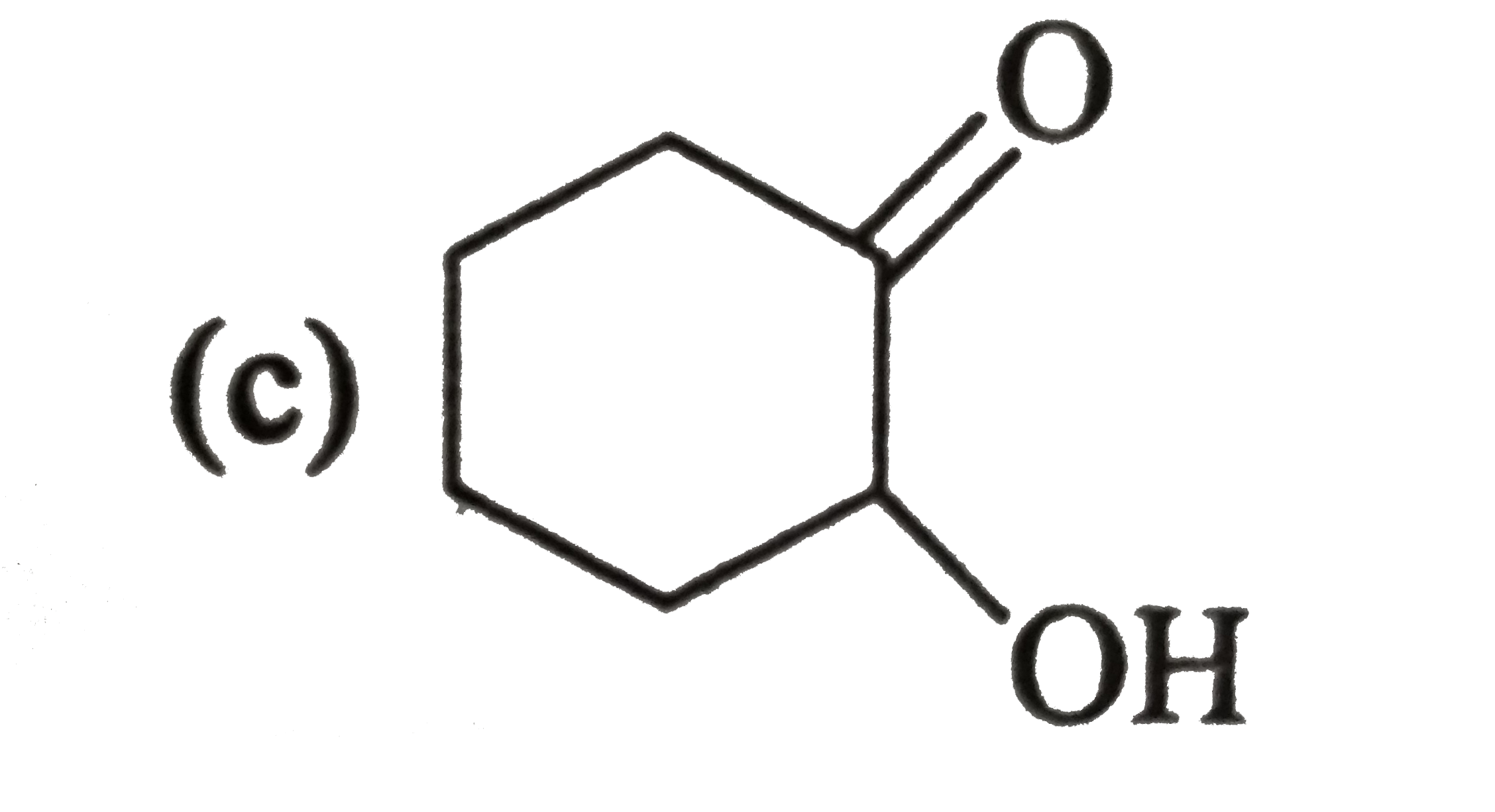 D
D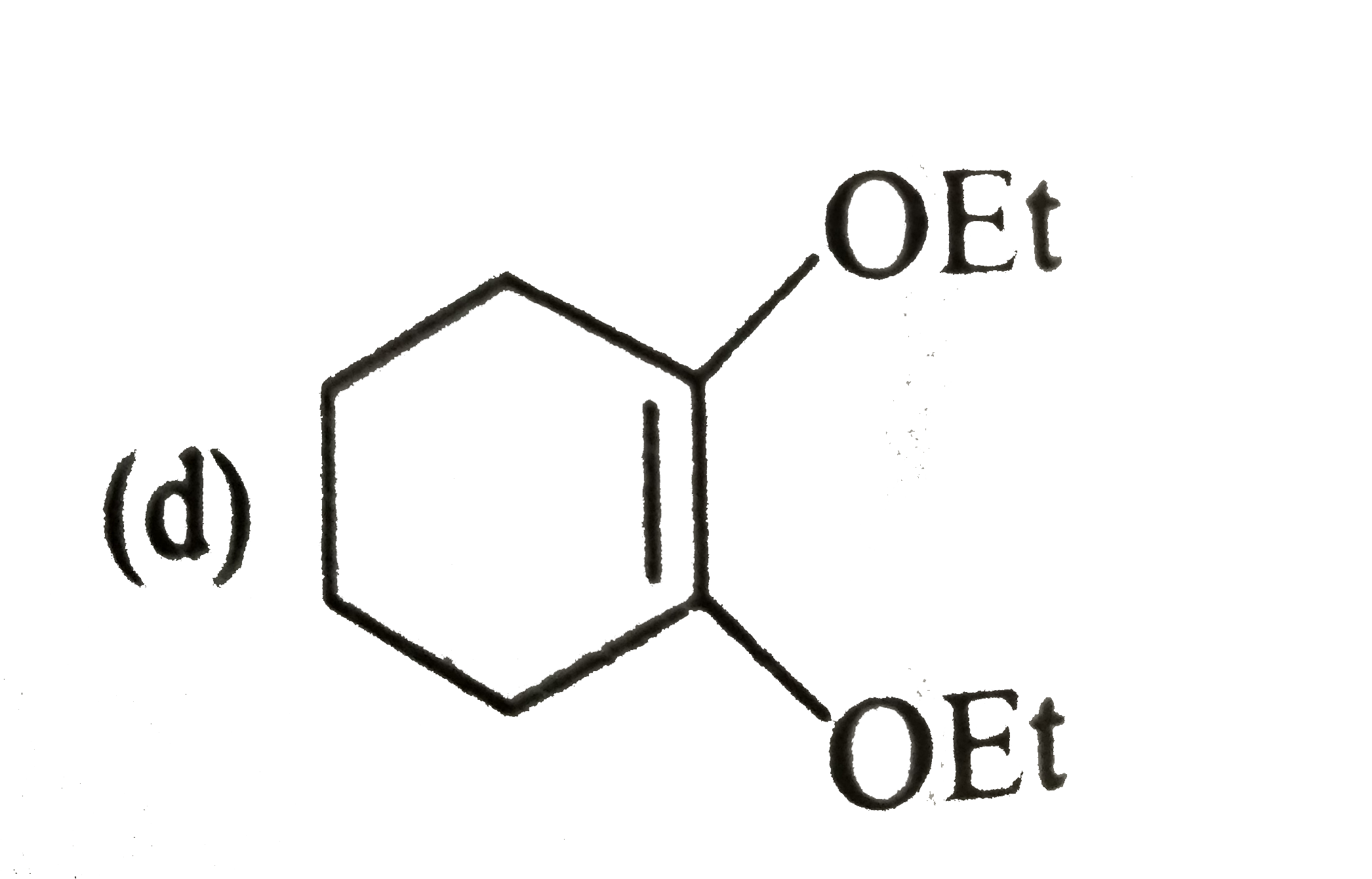
What are the products obtained from the following reaction?
 A
A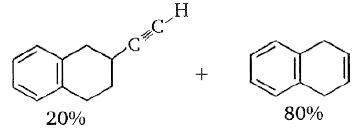 B
B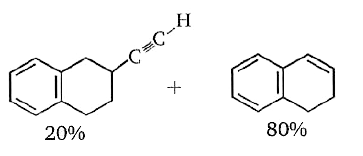 C
C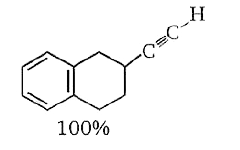 D
D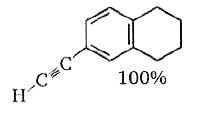
Explain the mechanism of the following reaction:

View SolutionExplain the mechanism of the following reaction:

View SolutionThe product obtained from the reaction

View SolutionWhaty are the product obtained from the following reaction ?

View SolutionThe product obtained from the reaction is:

View Solution

